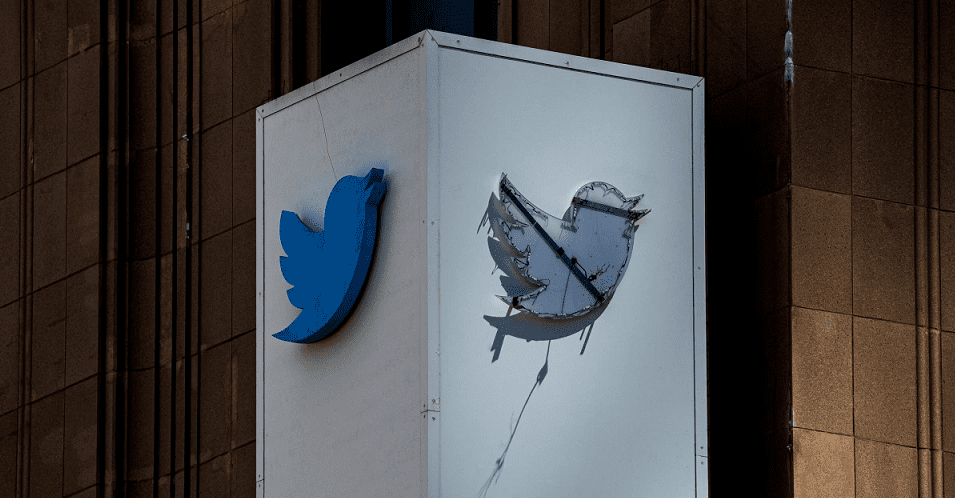
A federal judge has ruled that Twitter, now rebranded as X Corp, violated contracts by failing to fulfill promises of millions of dollars in bonuses to its employees. The decision comes in response to a lawsuit filed by Mark Schobinger, Twitter's former senior director of compensation, who departed from the company owned by Elon Musk.
Schobinger's legal action, initiated in June, asserted a breach of contract against Twitter. The crux of the matter revolves around Twitter's alleged failure to honor its commitment to provide employees with 50% of their 2022 target bonuses, both before and after Elon Musk's acquisition of the social media giant.
U.S. District Judge Vince Chhabria, in denying Twitter's motion to dismiss the case, deemed Schobinger's claims plausible under California law and confirmed that he was covered by a bonus plan. According to the judge, once Schobinger fulfilled Twitter's requirements, the promise to pay him a bonus became a binding contract under California law. The refusal to honor this commitment, as alleged by Schobinger, led to a violation of that contract by Twitter.
Interestingly, X Corp, as Twitter is now known, did not immediately respond to requests for comment regarding this ruling. The company, currently without a media relations office, has been notably reticent on the matter.
Twitter's defense contended that the promise made to employees was solely oral and did not constitute a legally binding contract. Furthermore, Twitter argued that Texas law should govern the case. However, Judge Chhabria ruled in favor of California law, asserting that Twitter's arguments to the contrary were not persuasive.
This legal setback adds to the growing list of challenges for X Corp since Elon Musk's acquisition of Twitter, which resulted in a significant reduction in the workforce by more than half. Several lawsuits have been filed by former employees and executives, encompassing a range of allegations. These include claims of discrimination against older employees, women, and workers with disabilities. Additionally, the lawsuits assert that X Corp failed to provide advance notice of mass layoffs, a contention that the company vehemently denies.
As the legal battles continue, X Corp finds itself navigating a complex terrain of contractual disputes and allegations of workplace discrimination. The outcome of these legal proceedings could have broader implications for the company and potentially reshape practices within the tech industry. With the spotlight on X Corp, the case underscores the importance of transparency, fair employment practices, and adherence to contractual commitments in the ever-evolving landscape of corporate governance.